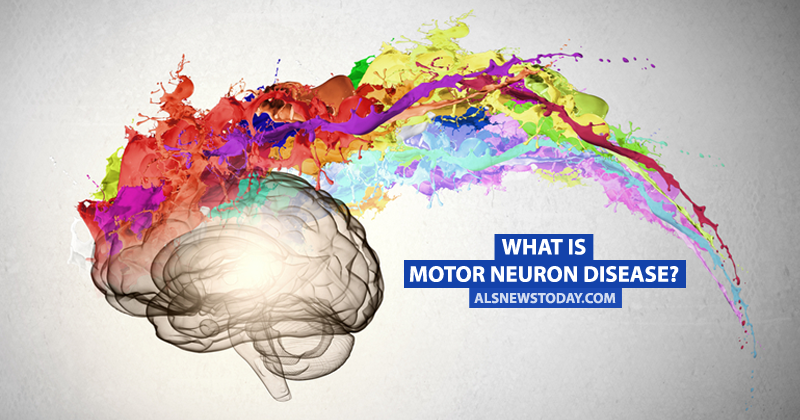What Is Motor Neuron Disease?

Motor neuron disease (MND) is a condition where nerve cells (motor neurons) in the brain and spinal cord stop working, damaging the nervous system and leading to muscle wastage. It’s also referred to as amyotrophic lateral sclerosis (ALS).
MORE: 16 fast facts about amyotrophic lateral sclerosis.
According to the NHS, MND is a progressive disease. Over time, the patient will lose the use of their muscles and be unable to walk, stand or sit without assistance. Eventually, they’ll need help eating and breathing.
There is no known cause of the disease but it does run in families in approximately 5 percent of cases. Diagnosing the disease is difficult since there isn’t a test to determine whether or not someone has the disease. Diagnosis is made through observation and a process of elimination.
The progression of the disease varies but most people with MND generally experience problems with their grip, the shoulder muscles (making it difficult to lift the arms up), dragging feet or a foot drop, or slurred speech. The disease will then continue to affect other muscles in the body, including those needed for eating and breathing.
MND is a rare condition that affects around two in 100,000 people. It can strike at any age but is more common in those over 40. Men are slightly more at risk of developing the disease than women.
Sadly, there is no cure for MND. The goal of treatment is to make the patient as comfortable as possible and improve their quality of life. The typical life expectancy of someone diagnosed with MND is three to five years, but many can live for 10 years or more. There are rare cases of people living for much longer with the disease.
MORE: Seven things to keep in mind if a loved one has ALS.
ALS News Today is strictly a news and information website about the disease. It does not provide medical advice, diagnosis or treatment. This content is not intended to be a substitute for professional medical advice, diagnosis, or treatment. Always seek the advice of your physician or another qualified health provider with any questions you may have regarding a medical condition. Never disregard professional medical advice or delay in seeking it because of something you have read on this website.






